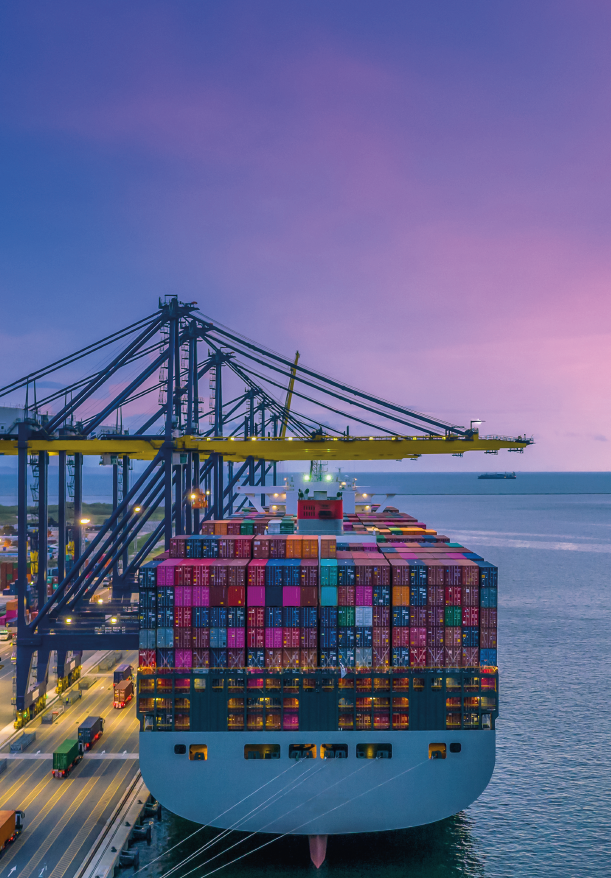In international shipping, selecting the right port of entry can make or break the success of your supply chain. The port of entry is where your goods officially enter a country, and that decision directly affects customs clearance, shipping costs, delivery time, and even compliance risk.
Understanding how to choose the best port of entry for logistics helps you ship smarter, avoid delays, and control costs.

⚓ 1. Consider Proximity to Final Destination
Ports located closer to your end customer or warehouse can reduce inland transportation time and costs. While larger ports often offer more frequent arrivals, a regional port closer to your destination may offer faster overall delivery.
Benefit:
Shorter last-mile transportation saves money and reduces delivery windows.
📊 2. Evaluate Port Infrastructure and Capacity
Some ports are equipped to handle specific types of cargo—like perishables, oversized freight, or high-volume containers. Others may struggle with congestion or outdated systems. Look for ports with modern infrastructure and strong logistics networks.
Benefit:
Efficient ports mean faster unloading, less congestion, and fewer delays.
🛃 3. Understand Customs Efficiency and Clearance Times
Each port has its own customs processing performance. Ports with experienced agents, digital platforms, and pre-clearance systems speed up entry and reduce compliance risk.
Benefit:
Faster customs clearance helps your cargo move quickly and legally.
🧾 4. Compare Duties, Fees, and Trade Agreements
Some ports fall under different trade zones or have customs advantages based on free trade agreements (FTAs), tariffs, or bonded facilities. These differences can impact your landed cost.
Benefit:
Choosing the right entry point can reduce duties and overall import expenses.
🧭 5. Check Carrier Availability and Route Frequency
Major ports often receive more frequent vessel arrivals, allowing for better route flexibility and backup options. Smaller ports may offer fewer schedules, so you’ll want to balance reliability with location.
Benefit:
Access to multiple carriers gives you resilience if a shipment is delayed or rolled.
📦 6. Work With a Logistics Expert
Choosing the best port of entry involves many variables—regulations, infrastructure, fees, and transit time. A knowledgeable freight forwarder can help you compare options, plan efficiently, and avoid costly surprises.
At ELI Logistix, we help clients select the most strategic entry points based on volume, cargo type, route, and customs complexity.
Selecting the best port of entry isn’t just about location—it’s a logistics strategy. With the right decision, you’ll enjoy smoother customs clearance, better rates, and faster delivery. With the wrong one, you risk delays, extra costs, and frustrated customers.
Not sure which port is right for your next shipment?
Contact ELI Logistix for personalized port of entry analysis and support.
